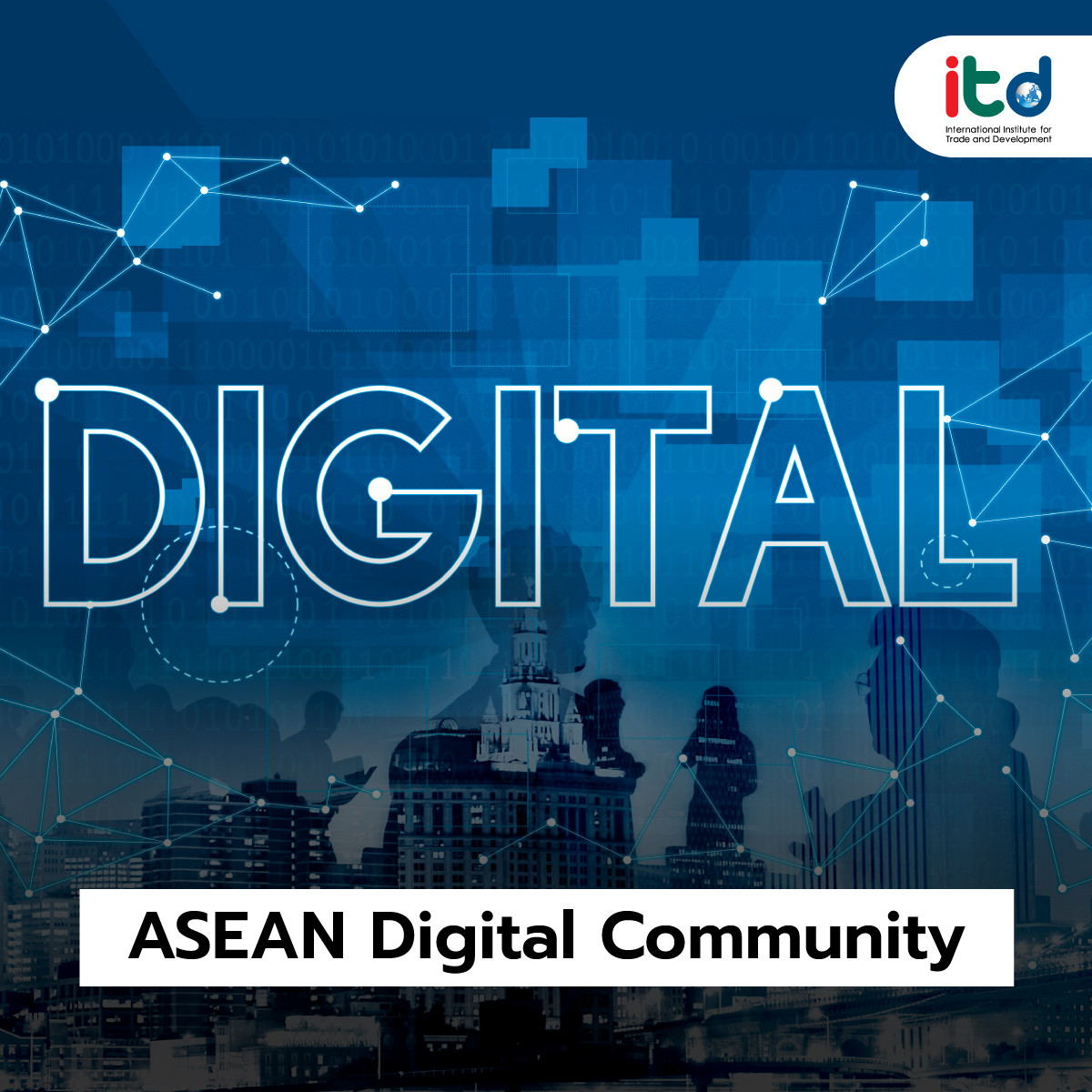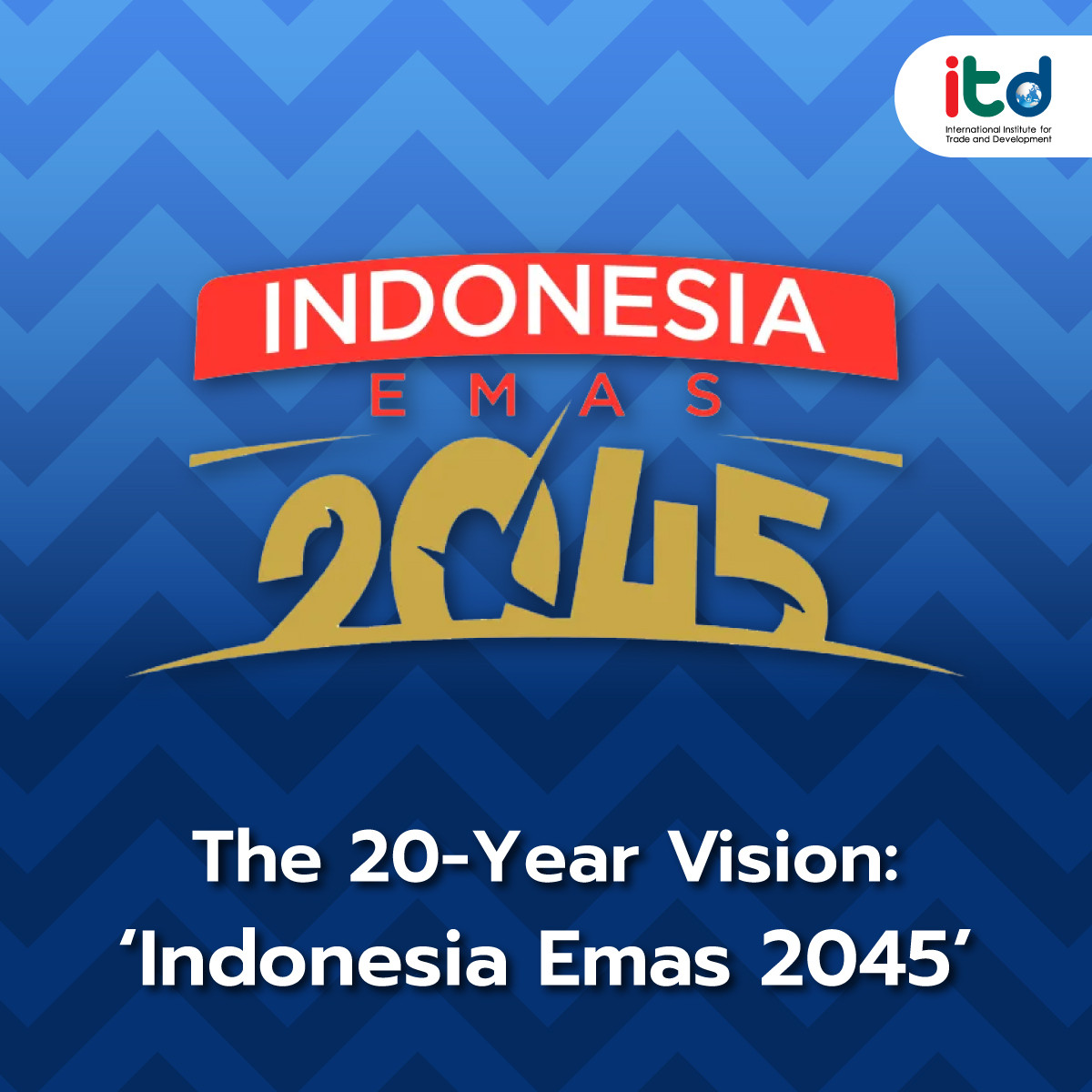About Documents
Throughout the year 2023, digital economy activities in the ASEAN region have been gaining momentum. On September 2023, ASEAN held the 23rd AEC Council Meeting in Jakarta, Indonesia. During this meeting, they reviewed and endorsed the progress towards the digital economy and sustainable development goals. Additionally, they officially initiated negotiations for the ASEAN Digital Economy Framework Agreement (DEFA). The ASEAN Coordinating Committee on E-Commerce and Digital Economy (ACCED) established a framework to commence negotiations in November 2023, with the aim of concluding the agreement within the next two years.
The ASEAN Digital Economy Framework Agreement (DEFA) aims to promote seamless digital trade in the region, standardize digital trade regulations, and enhance cybersecurity for digital transactions. These efforts are geared towards boosting the digital economy in the region and attracting more foreign investments.
Currently, the ASEAN region is the fastest-growing digital trading market globally, with a significant young population using smartphones and the internet. According to the ERIA report on the ASEAN Digital Community 2045, digital trade in ASEAN is projected to reach a substantial value of 360 billion US dollars by 2025 and is expected to grow to 1 trillion US dollars, accounting for approximately 10% of global digital trade by 2030.
While progress towards the ASEAN digital economy is advancing, there are still limitations in implementation due to the lack of clear enforcement mechanisms, legally binding agreements, and clarity on responsibilities and transparency in operations. Additionally, there is a need to keep up with the rapid technological changes, which impact not only the economy but also politics, society, and culture.
Therefore, the ERIA report suggests that ASEAN should work towards becoming a Digital Community by 2045. This entails actions such as data governance, adapting regulations to the fast-paced digital era, establishing cybersecurity standards, maximizing the benefits of digital technology, reducing costs, fostering innovation, enhancing operational efficiency, improving service quality, and expanding access to digital technologies, especially in healthcare and medicine.
Developing infrastructure is crucial, including physical infrastructure like roads, ports, railways, airports, power plants, and logistics hub, as well as digital infrastructure covering broadband access, hardware, software, data centers, and modern networks. This includes integrating digital payment systems and leveraging modern digital technologies to facilitate smoother trade and services across the region.
Digital inclusivity initiatives aim to bridge the digital divide and promote the participation of Micro, Small, and Medium-sized Enterprises (MSMEs) in the ASEAN region. This is because digital technology has the potential to enhance production efficiency, stimulate trade, create employment opportunities in ASEAN, and improve access to financial services.
To achieve the goal of becoming an ASEAN Digital Community, strategic investments, resource allocation, flexible regulatory frameworks, and collaborative efforts are essential. These actions will position ASEAN as a significant driver of the global digital economy while ensuring sustainable development without leaving anyone behind.
Author
Namphueng Tassanaipitukkul
Senior Researcher
International Institute for Trade and Development (Public Organization)
www.itd.or.th
Publication: Bangkok BIZ Newspaper
Section: First Section/World Beat
Volume: 37 Issue:12511
Date: Wednesday, November 15, 2023
Page: 8 (bottom right)
Column: “Asean Insight”





